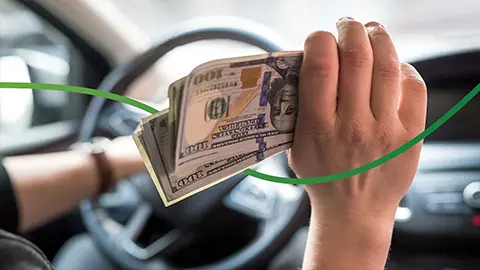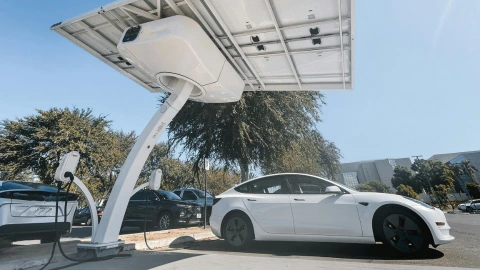Find EV Incentives
Electric Vehicle Incentives
There are many reasons making the switch to an electric vehicle can make sense, and one of the biggest is long-term savings. Over time, drivers may save thousands on fueling costs since electricity is typically less expensive and more price-stable than gasoline when charging at home. EVs can also cost less to maintain, outside of normal wear items like tires.
In addition to lower operating costs, savings may also be available at the time of purchase or lease. Federal, state, and local authorities offer a range of financial incentives for qualifying electric vehicles. These incentives can help offset the vehicle’s total suggested retail price, which may be higher than comparable gasoline vehicles depending on model and configuration.
Federal EV Incentives and Availability
Federal EV incentives have historically provided significant savings for qualifying buyers, including credits of up to $7,500 for new electric vehicles and up to $4,000 for eligible used EVs and plug-in hybrids. Eligibility requirements have evolved over time and may include vehicle assembly location, battery sourcing, and buyer income limits.
Federal incentive programs are subject to change, expiration, or early phase-outs based on legislation and manufacturer participation. Availability may depend on when you purchase or lease your vehicle and whether it meets current qualification criteria.
Some licensed dealers may be able to apply eligible federal incentives at the point of sale, allowing qualified customers to receive savings upfront rather than waiting until tax filing. Eligibility requirements apply and not all vehicles or customers will qualify.
Additional EV Incentives
Beyond federal programs, many states, municipalities, and utility providers offer additional incentives for electric vehicle buyers. These may include purchase rebates, tax credits, reduced registration fees, or discounted home charging rates.
Incentive availability, amounts, and eligibility vary by location and vehicle. Local programs may change without notice, so shoppers are encouraged to check with their dealer or local agencies for the most up-to-date information.
Incentives are not set by vehicle manufacturers and do not alter a vehicle’s suggested retail pricing.










